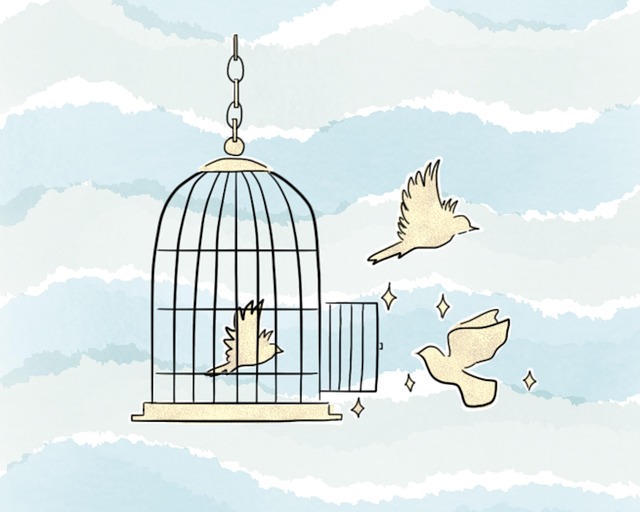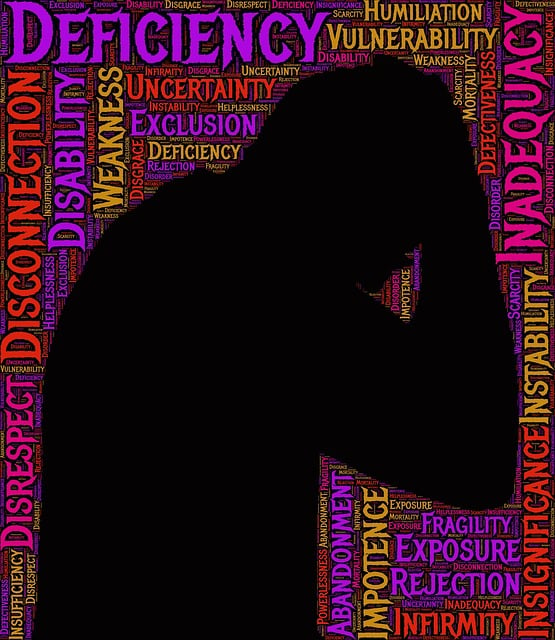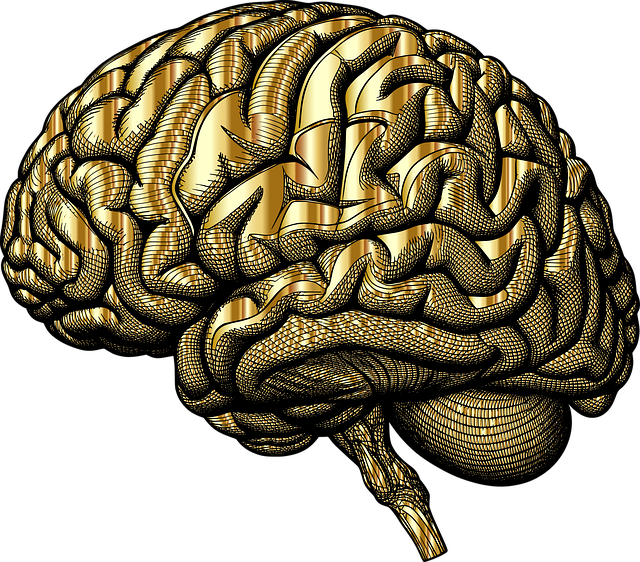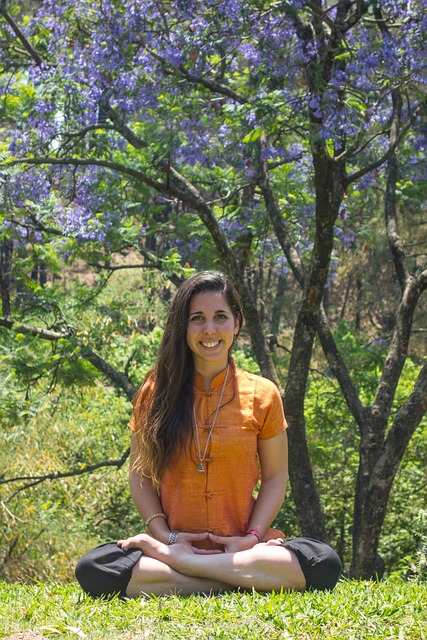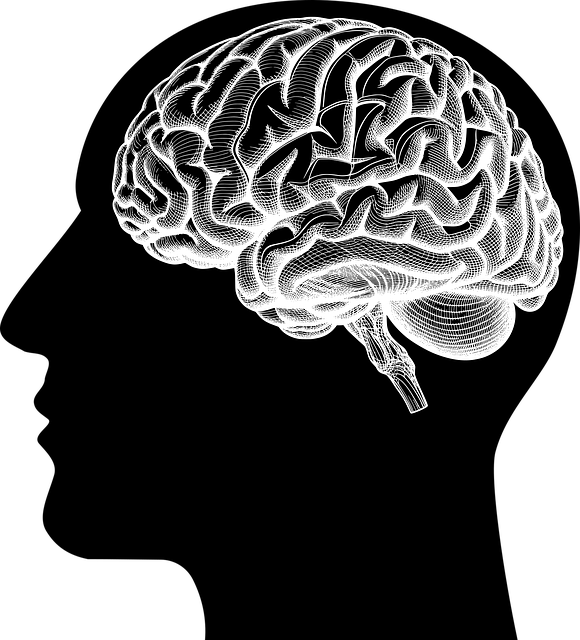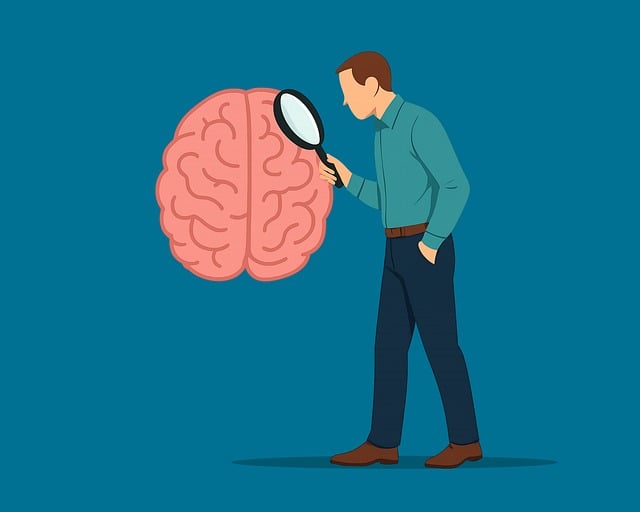Denver Polyamorous and Open Relationships Therapy centers prioritize creating safe, supportive group environments through active listening, open communication, and structured activities like Mental Wellness Journaling and self-esteem improvement techniques. Facilitators play a crucial role in cultivating trust and mutual support, fostering emotional intelligence and resilience among members. Through community-building practices, therapists guide participants towards better mental health, relationship navigation, and coping mechanisms for societal perceptions, ensuring an engaging journey towards improved wellness while addressing burnout prevention.
In the heart of Denver, polyamorous and open relationships are finding new pathways to mental wellness through innovative group therapy. This article delves into the art of group facilitation techniques designed to nurture vulnerable individuals within these unique communities. From cultivating a safe space to encouraging active participation, facilitators play a pivotal role in fostering connection and personal growth. By exploring interactive activities and tailoring support to diverse needs, these sessions become transformative journeys toward improved mental wellness, specifically catering to Denver’s polyamorous population.
- Understanding the Group Dynamic
- – The role of a facilitator in fostering a safe and supportive environment
- – Creating a sense of community and belonging within the group
Understanding the Group Dynamic

In facilitating a mental wellness group, understanding the dynamic between participants is key. At Denver Polyamorous and Open Relationships Therapy, we recognize that each individual brings their own unique experiences, perspectives, and needs. This diversity enriches the group but also requires careful navigation. Effective facilitation involves creating a safe and supportive environment where everyone feels heard, respected, and valued. Encouraging open communication and active listening fosters trust and strengthens interpersonal connections.
Group dynamics play a pivotal role in mental wellness journeys. Through activities like Mental Wellness Journaling Exercises and Communication Strategies, facilitators can guide participants towards self-reflection and personal growth. By integrating Self-Esteem Improvement techniques, group members learn to embrace their authentic selves, build resilience against external judgments, and cultivate healthier relationships both within the group and beyond.
– The role of a facilitator in fostering a safe and supportive environment

In facilitating mental wellness groups, especially for communities like Denver Polyamorous and Open Relationships Therapy, creating a safe space is paramount. The facilitator plays a crucial role in cultivating an environment where individuals feel comfortable sharing their experiences, emotions, and struggles openly. Through active listening, empathy, and non-judgmental attitudes, facilitators foster trust among group members, encouraging them to support and uplift each other. This supportive atmosphere not only allows for deeper connections but also enables participants to develop emotional intelligence by gaining insights into diverse perspectives.
By promoting self-awareness exercises and emphasizing the importance of self-care routine development for better mental health, facilitators empower individuals to navigate their relationships with enhanced coping mechanisms. These techniques help group members recognize and manage their emotions effectively, fostering resilience and overall well-being within the group dynamic. Such practices are essential in creating a harmonious setting where everyone can thrive and grow.
– Creating a sense of community and belonging within the group

In facilitating mental wellness groups, one of the most powerful tools at a therapist’s disposal is cultivating a sense of community and belonging. This is particularly relevant in diverse settings like Denver, where polyamorous and open relationships thrive. By fostering an inclusive environment, participants feel seen, heard, and understood, breaking down barriers that might otherwise isolate them. Techniques such as active listening, round-robin sharing, and structured activities encourage interaction and build trust, allowing members to form meaningful connections and support one another.
Drawing from practices like Compassion Cultivation, therapists can guide the group in cultivating empathy and kindness towards themselves and their peers. This not only enhances the therapeutic experience but also equips participants with tools to navigate the challenges of mental health, relationships, and societal perceptions, as exemplified by Denver’s unique Polyamorous and Open Relationships Therapy scene. Moreover, addressing burnout prevention through these group dynamics ensures that members stay engaged, motivated, and resilient in their journeys towards improved mental wellness.
Mental wellness group facilitation plays a pivotal role in creating supportive communities, such as those found in Denver Polyamorous and Open Relationships Therapy. By understanding the group dynamic and implementing techniques that foster safety and belonging, facilitators can significantly enhance the therapeutic experience. This article has explored the essential role of facilitators in cultivating a positive environment, emphasizing the value of community-building within these unique support groups. Through these practices, individuals can find solace, share experiences, and navigate their personal journeys with enhanced resilience and connection.
